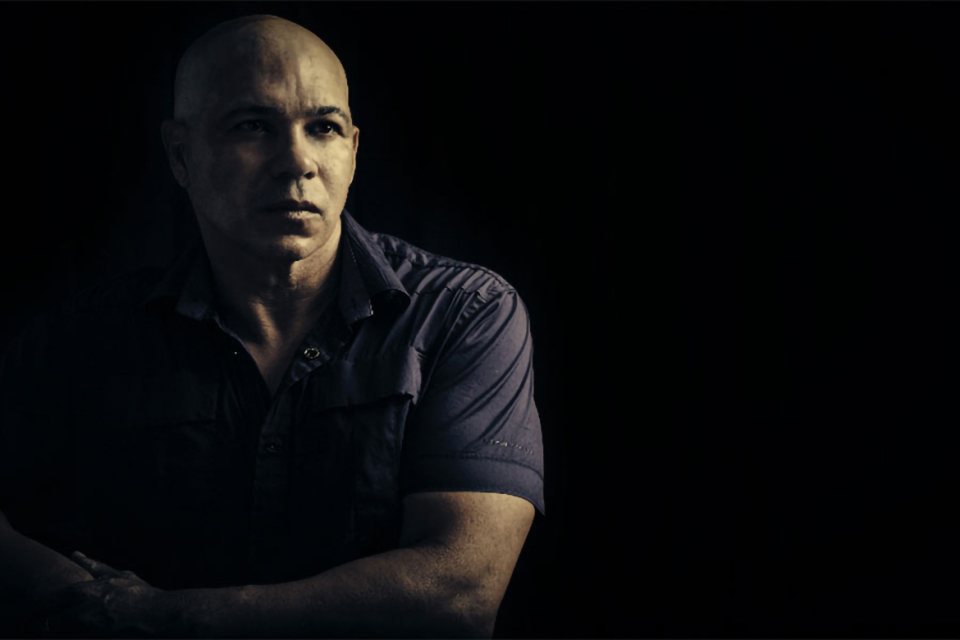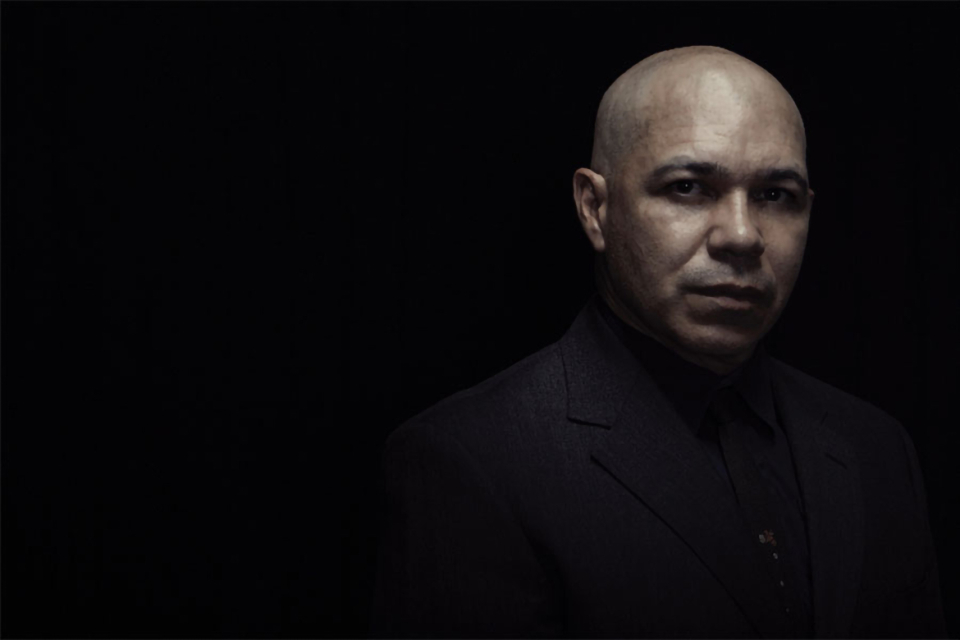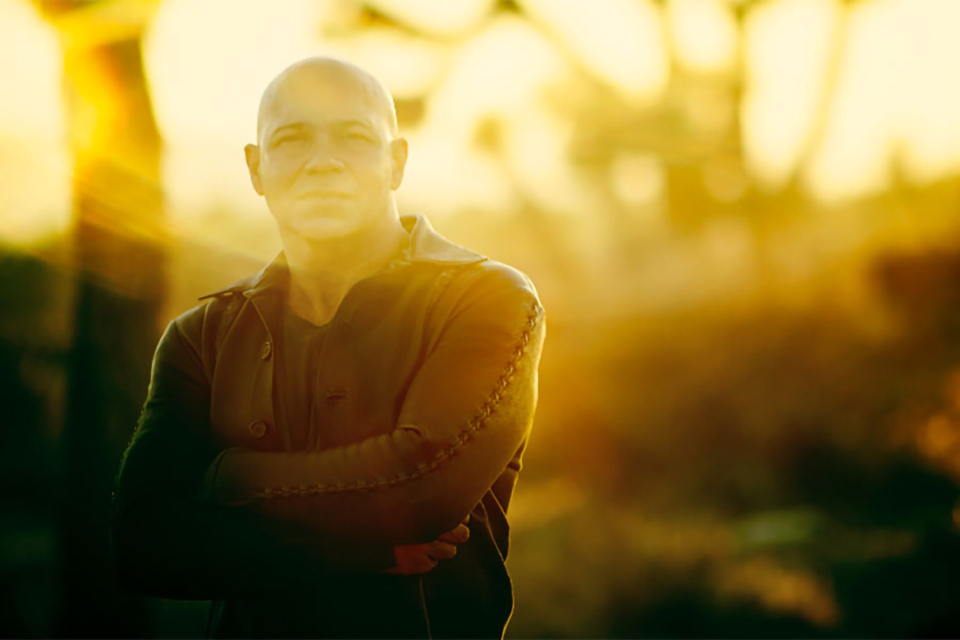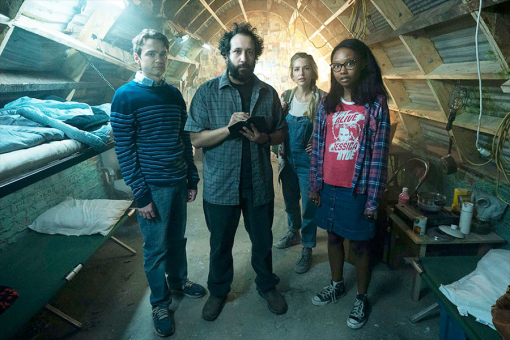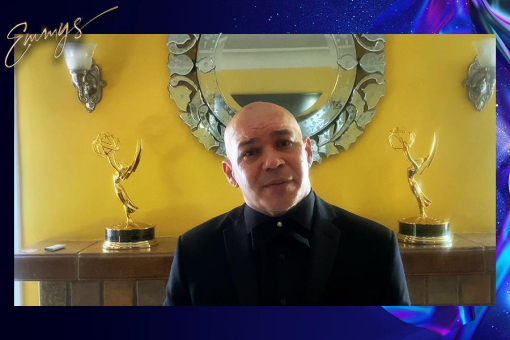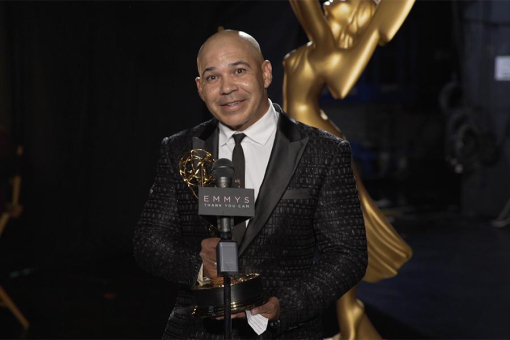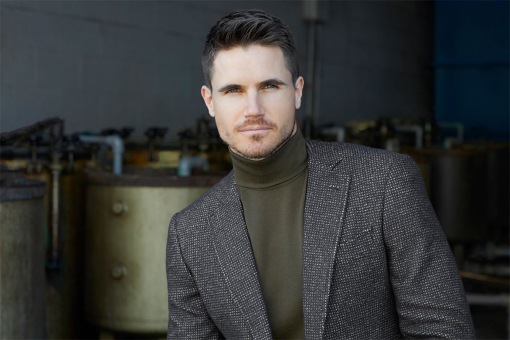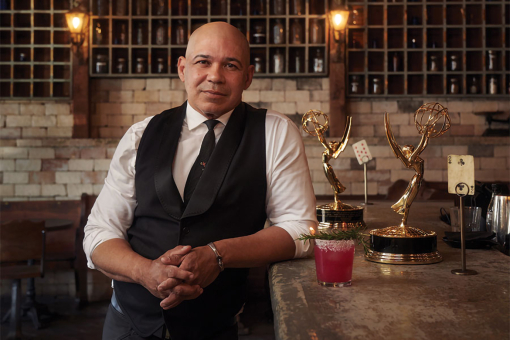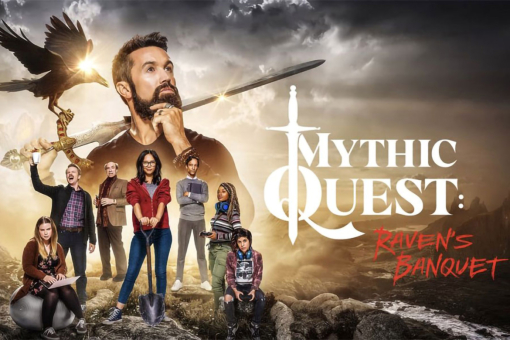Eddie Perez’ life can be a car wreck – but that’s purely by design.
The veteran stunt coordinator and director has worked on dozens of television shows and films, including Captain America: Winter Soldier, 24, Masters of Sex, and Arrow, and just recently won the Emmy for his work as stunt coordinator on Showtime’s Shameless, making him the first Latino to win in that category.
Perez grew up in New York where he worked as a nightclub doorman while receiving a degree in education and athletic training. His nightclub work introduced him to meet, and later train, actors like Mickey Rourke and Anthony Michael Hall. This led him to a career as both trainer and bodyguard for noteworthy acts like Pink Floyd, David Bowie, and Duran Duran.
Perez then parlayed his entertainment industry experience and contacts into becoming a fulltime stuntman and stunt coordinator.
Were you in the emergency room often as a child?
Actually, I wasn’t. Luckily enough, there was a limit. I wasn’t that crazy. But if we went upstate to camp, we’d have fun jumping off a cliff into the water or something. I had no problem with that. I kind of was the kid that everyone dared. You didn’t really have to push me that hard to do it. [As kids], we’d all watch movies and go out and jump off of stuff and do things that now you’d have a disclaimer for.
Do stuntmen and women have to overcome an innate natural survival instinct to do what you do?
I think most of us are athletes, so it’s kind of an inherited thing that we’ve grown up with. I boxed, so I’m used to enduring pain, enduring everything, and staying calm and focused.
You get a lot of guys that are gymnasts and professional athletes; it’s kind of ingrained in us. Some people say to us, “What you guys do is crazy” and I say, “No, it’s actually focused. There’s no craziness in it. Craziness would get you killed”. There’s a level of focus and calmness that comes with years of training, really.
Was it a natural progression to move from a bodyguard to stuntman? Is the idea that you’re throwing yourself into harm’s way anyway?
Yeah, that’s a good way of looking at it. Like I said, I started out wanting to do stunts. I was a personal trainer for a while and then I met some of the guys from Duran Duran and I started training them. There’s a good crossover between music and film.
Russell Mulcahy had done a lot their music and, after I came back to L.A., I started meeting more and more directors that were here. Living the rock ‘n roll lifestyle 10 months out the year and out of a suitcase gets old. And I thought, “I really want to do [stuntwork]; I really want to go back to that.” And I wanted to be more creative as well.
In a weird way, by nature I’m still protecting everybody’s safety on set. So, I guess that mindset has never really gone away.
Can you explain how you coordinate a stunt? Is there a difference when you set one up for television or film?
It varies. It’s pretty much the same between film and television. In television, we’ll get the script, have a meeting with the director, the showrunners, and the assistant directors, and sit down to discuss what it is we’re trying to accomplish in the scene.
There are a lot of films where the action is just gratuitous, but in Shameless in particular, it’s part of the storyline most of the time. So we try to stay true to the storyline.
We just did a bus crash a few weeks ago. It’s not a huge bus crash since it’s for Shameless. The bus happens to get stopped by a car so it doesn’t go any further, that’s the point of it. It’s not that it’s going to careen and destroy. You know, we’re not doing Speed. So, in that sense, it’s approaching it in that mindset of what facilitates the show.
How do you ensure that you’re reflecting the tone of the scene or of the show itself? As you were saying, are you measuring the magnitude of the stunt for something like Shameless versus if you were doing something like The Matrix?
Yeah, or like the TV show, Rush Hour. TV shows like that have more time [devoted to stunts] and it’s an action oriented show, so there’s something expected of you.
With Shameless, what I’m the most proud of on the show is when people heard when I won [the Emmy] were like, “There are stunts on that show?” And then they went back and watched the show and said, “Oh, my God, there was a lot of cool stuff happening, I never realized it!” And I say, “Great, we’re doing our job.”
What was the closest call you’ve had as a stuntman?
It’s probably the one I shouldn’t speak about, but I don’t care. On You Don’t Mess with the Zohan I was burned severely. I spent some time in the Grossman Burn Center, and it was an eye opening experience.
Congratulations on your Emmy win. Were you surprised to learn you were the first Latino to win for your category?
Somebody said that to me, and I was kind of like, “Come on, man, really? I mean it’s a cool footnote, but really?” A few people looked it up and they said, “You’re the first one in this category to get nominated and win”. I was saying, “Come on, let me do more research. There’s got to be someone else out there.”
It still kind of fascinates me, but I don’t really know how I feel about it. To me [stunt coordinating is] my job, it’s my work. I never really put that much mental effort into [being the first].
It sounds as though you’re saying it’s a double-edged sword. It’s an honor, and a bit of a disappointment to you that it’s 2016 and you’re the first.
Yeah. Somebody pulled me aside and said “I know you’re always focused on working, but take this moment in. Not many people get firsts in this industry anymore.” You know, [the award is] something you take to your grave and beyond. So, in that sense it’s cool it’s an honor.
But, at the same time, we have so many issues now with the whole diversity thing. Sometimes, I don’t know how quite to feel about it all. I get it but I don’t.
It’s about your creativity, but how do you get your creativity out there? I guess, the comments that I’ve gotten from the Latino community have made me really feel proud of this because [of] the accomplishment, because of the people that came before me, what they’ve endured.
It means more [to hear], “Hey, I’m really proud of you” coming from the senior people. I know what they’ve gone through, so if it makes them proud, then I’m proud to represent them.
Are you then feeling some amount of responsibility from this?
I’m part of the Latino committee, so that’s been something. I’m trying to work with the community to get people motivated and get them out there. I don’t know if much is going to change.
I think now if I can use the Emmy to go talk to kids at school and say, “You know, I was one of you guys. I never thought I’d wind up here so open your eyes and be open.” If I can motivate kids, then it’s awesome in that sense. Talking to a bunch of kids and putting that statue on the table and letting them hold it and saying, “This could be one of you guys,” is fulfilling. It’s amazing to see their faces, like, “Oh, wow! He looks like us!”

